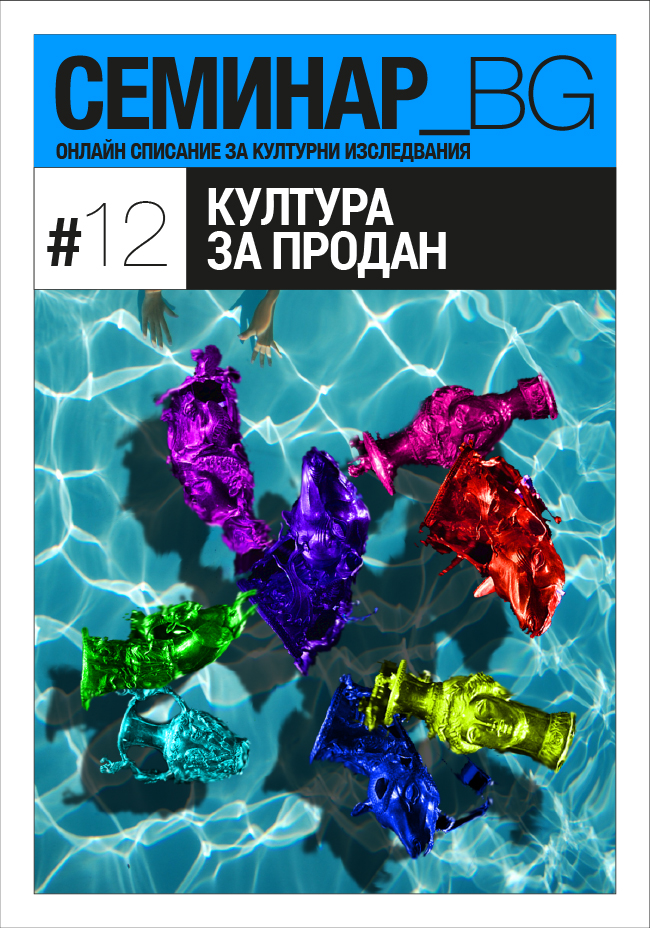Наследство, туризъм, възпитание. 100-те национални туристически обекта и техните метаморфози
Heritage, Tourism, Education: The 100 National Tourist Sites and Their Metamorphoses
Author(s): Daniela KolevaSubject(s): Anthropology, Social Sciences, Cultural Anthropology / Ethnology, Culture and social structure , State/Government and Education, History of Communism
Published by: Фондация Медийна Демокрация
Keywords: cultural heritage; tourism; education; 100 national tourist sites
Summary/Abstract: Drawing on A. Assmann’s idea of cultural memory as canon and archive, the article focuses on a major attempt of the communist regime to instrumentalize tourism for ideological education – the 100 tourist sites movement. The 100 sites are seen as a heritage canon, and its changes during the socialist and postsocialist period are analysed. While there was a tendency towards the ‘nationalization’ of the canon already during the last decade of socialism, which continued with the postsocialist revision of the 100 sites in the early 2000s, the last few years have seen the start of another important change: the appearance of local communities as a key actor in the heritage field. This leads to the hypothesis that the production of place for tourist consumption has become as important as (in some cases maybe even more important than) the ‘production of nation’.
Journal: Семинар_BG
- Issue Year: 2015
- Issue No: 12
- Page Range: 117-135
- Page Count: 19
- Language: Bulgarian

